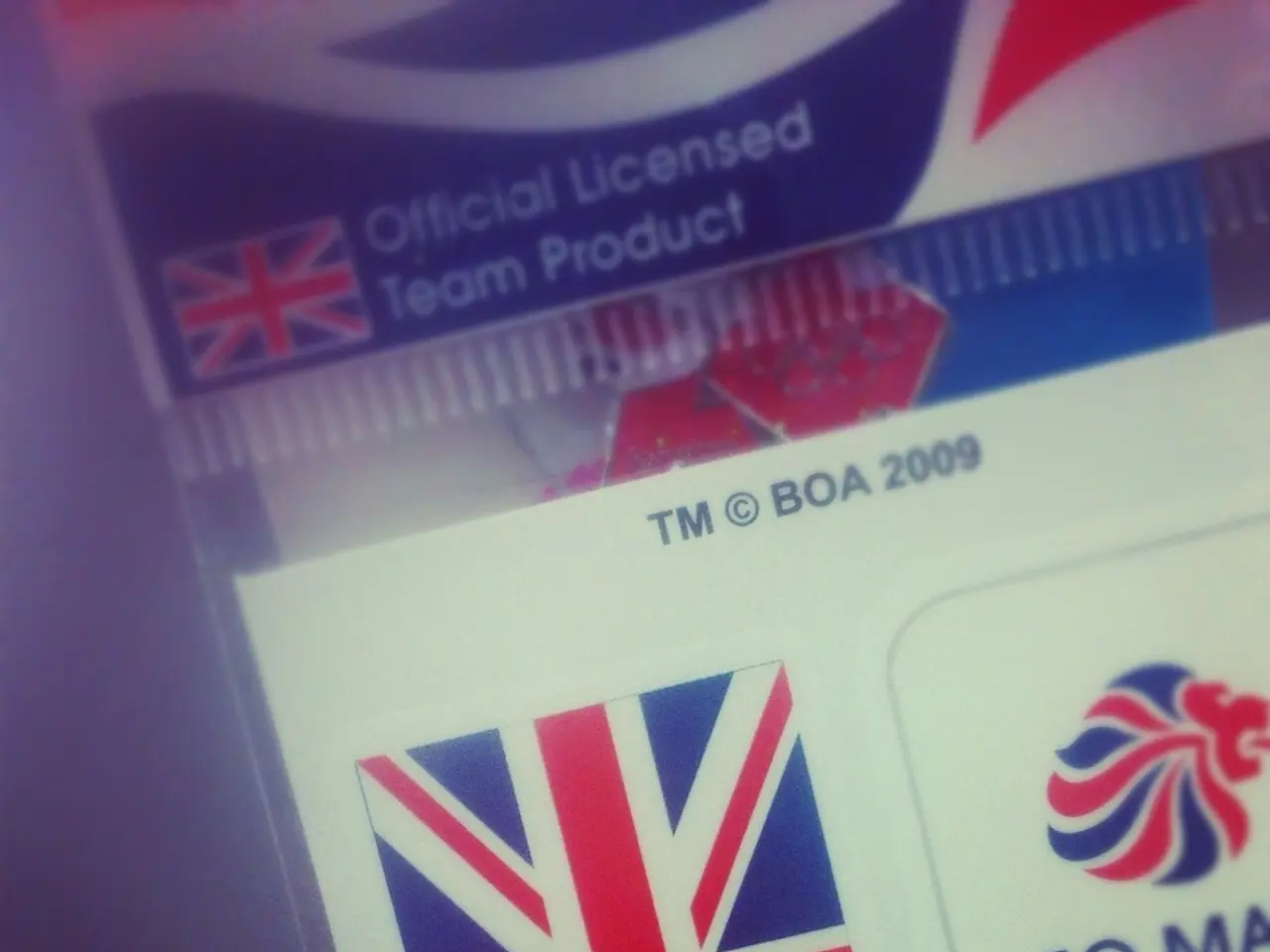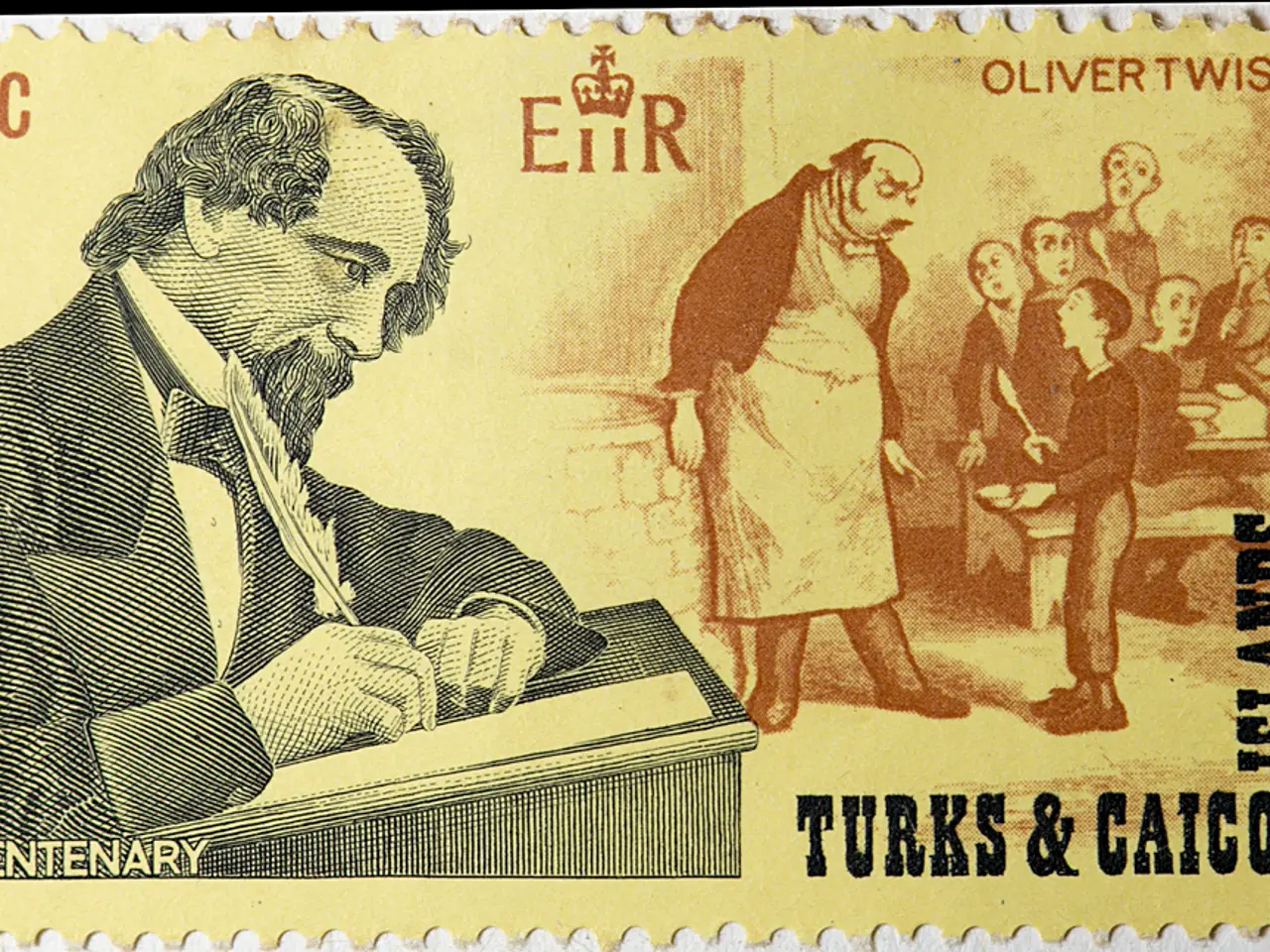Is it necessary to acquire a Tax Identification Number (EIN)?
In the United States, foreign-owned businesses are subject to the same rules as domestic entities when it comes to obtaining an Employer Identification Number (EIN) for tax and reporting purposes. This nine-digit federal tax identification number, assigned by the Internal Revenue Service (IRS), is essential for various business operations, including filing taxes, opening bank accounts, hiring employees, and meeting IRS reporting obligations.
Foreign-owned businesses, which include non-resident aliens, foreign corporations, partnerships, trusts, estates, and any persons not considered U.S. persons for tax purposes, are required to apply for an EIN. Foreign owners or entities without a Social Security Number (SSN) or Individual Taxpayer Identification Number (ITIN) must submit IRS Form SS-4 by fax or mail, writing “Foreign” at the top of the form to facilitate processing.
For foreign-owned single-member Limited Liability Companies (LLCs), filing Form 5472 along with Form 1120 is necessary to comply with IRS reporting. While foreign owners may not always need an ITIN for the business entity, it may be required if they have a specific U.S. tax filing obligation personally.
The application process for an EIN without an SSN or ITIN involves downloading and completing IRS Form SS-4, writing “Foreign” on top, and faxing or mailing it to the IRS. Fax is preferred for a faster turnaround, with the IRS typically issuing the EIN confirmation within 4-6 weeks.
It's important to note that each U.S. business entity must have its own unique EIN, even if owned by the same foreign person or entity. This rule helps ensure that foreign-owned U.S. entities comply with U.S. tax law and reporting requirements while facilitating their operation within the U.S. tax system.
For domestic businesses, obtaining an EIN is a straightforward process. Businesses can apply online, by fax, phone, or mail. Sole proprietors or single-member LLCs may not always need to get an EIN, as they can use their Social Security Numbers instead. However, certain circumstances, such as bankruptcy proceedings, taking in partners, purchasing or inheriting an existing business, or converting to a partnership, require these entities to obtain a new EIN.
Similarly, corporations will be required to obtain a new EIN if they are a subsidiary of a corporation using the parent's EIN, convert to a partnership or a sole proprietorship, or a new corporation is created after a statutory merger. Partnerships will also need a new EIN if their partnership is taken over by one partner and operated as a sole proprietorship, or they end an old partnership and begin a new one. If a new LLC with more than one owner (Multi-member LLC) is formed, or an existing partnership converts to an LLC, an LLC will be required to obtain a new EIN.
In conclusion, foreign-owned U.S. businesses must comply with the IRS's EIN requirements to operate legally and efficiently within the U.S. tax system. By understanding these rules and following the application process, foreign entities can ensure they meet their tax and reporting obligations while operating their businesses smoothly.
Foreign-owned businesses, such as foreign corporations and partnerships, must apply for an Employer Identification Number (EIN) to fulfill their tax and reporting obligations, just like domestic entities. The application process for foreign businesses involves downloading, completing, and sending IRS Form SS-4, marking it as "Foreign" at the top, via fax or mail for the assigned nine-digit federal tax identification number.




